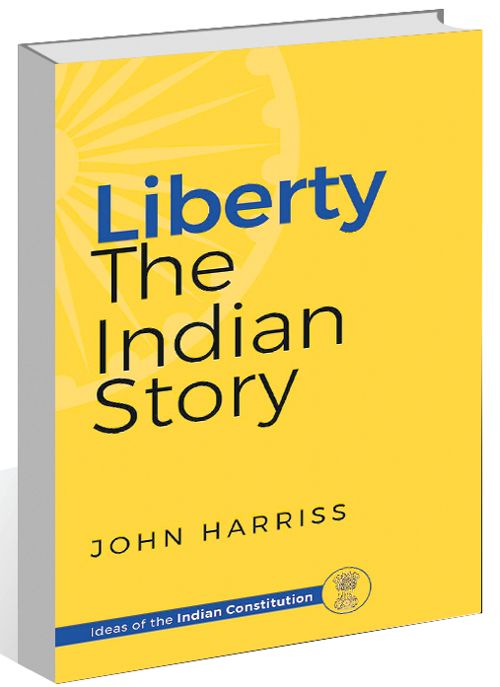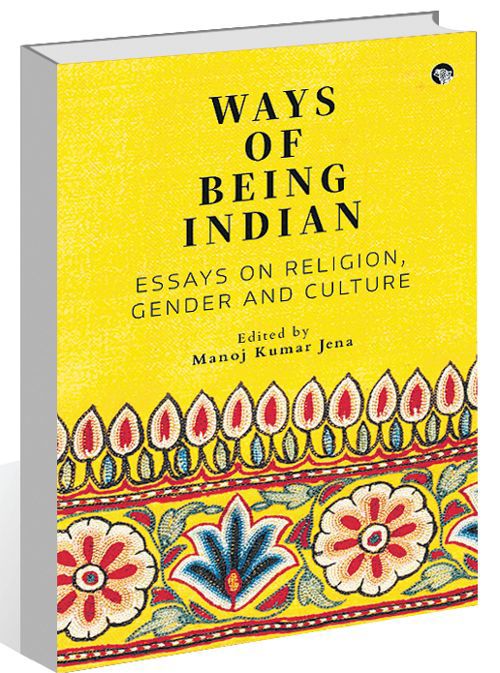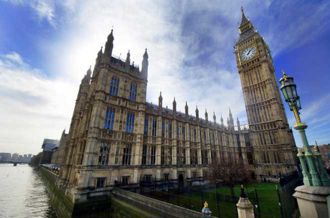Ways of Being Indian Edited by Manoj Kumar Jena. Speaking Tiger. Pages 313. Rs 499
Book Title: Ways of Being Indian
Author: Manoj Kumar Jena
Ways of Being Indian
Edited by Manoj Kumar Jena.
Speaking Tiger. Pages 313. Rs 499
This compilation of essays is a festschrift for Prof Renuka Singh, who retired from the School of Social Sciences at Jawaharlal Nehru University. The writings discuss different ways in which identities are constructed in unique ‘Indian’ contexts. The book deals with the themes of religion, gender and culture in the contemporary social order while trying to map the historical shifts. It delves into the everyday realities of individuals and communities in India and the diaspora.
 And They Lived… Ever After
And They Lived… Ever After
by Rising Flame. HarperCollins.
Pages 224. Rs 399
The world of fairy tales is perfect, well, almost. Children and adults who live with disabilities usually find characters like them either missing or demonised from these books. This collection seeks to retell classic stories by weaving in their own everyday experiences — the struggles, joys and frustrations that may not be known to the non-disabled. And thus you have a deaf Snow White, a wheelchair-using Rapunzel, a neurodivergent Ugly Duckling, all building an inclusive fairyland.
 The Dilemma of an Indian Liberal
The Dilemma of an Indian Liberal
by Gurcharan Das. Speaking Tiger.
Pages 206. Rs 499
Who is a liberal, anyway? With this as the starting point, Gurcharan Das narrates the story of a nation struggling to become a liberal democracy. He discusses the dilemmas and ironies faced by liberalism today, but is hopeful that with the right kind of leaders, the country can restore the liberal creed. The book is also a personal testament where Das recounts his own professional and intellectual journey as to how and why he became a liberal.
 Liberty: The Indian Story
Liberty: The Indian Story
by John Harris. Speaking Tiger.
Pages 194. Rs 399
The book aims to reflect upon one of the cardinal values of the Constitution of India: Liberty. The author says that a fierce battle has played out ever since the setting up of the Republic between negative and positive freedoms. This monograph explains the difficult relationship between the Constitution and Parliament, a relationship that must be understood if we are to strike the balance between the freedom of the individual and ‘real freedom’.














